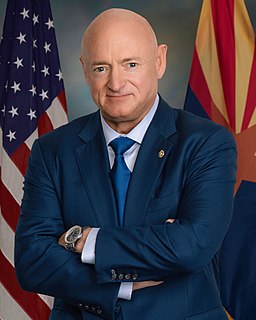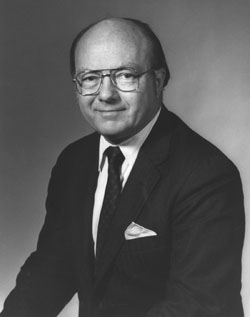A Quote by David E. Hoffman
I think his [Reagan's] policy toward the Soviet Union was more risky than most people realize, and it was risky because of the paranoia and fear among the isolated old guard in Moscow.
Related Quotes
National Defense A strong USA defense brought down the Soviet Union. It was Ronald Reagan - first in a speech at Notre Dame University in May 1981, then his 'Evil Empire' speech of March 1983 - who most eloquently declared communism's imminent demise. Reagan was right. And even Soviet officials attribute Ronald Reagan's rhetoric and foreign policy to bringing down that 'evil empire.' By Christmas Day, 1990, the Soviet Union ceased to exist. Liberals wished it were other things.
However, the treaty exists and it puts us in a different position toward the Soviet Union than the one we have toward other countries. Yes, the treaty exists. Nor does it exist on only one side. Look how w3e're situated geographically and you'll see that India is very important for the Soviet Union.
John Kerry and the other Democratic leaders are on the wrong side of history, as they were during the Reagan presidency. If they had won the day, and Reagan had failed, the Soviet Union would still exist, as would all the harm and suffering it unleashed, and American security would be far weaker as a result. And if they win this election thanks to a promise to undo the Reagan-Bush Doctrine, those cheering loudest will be the most evil-loving among us.
Rather, risk is a perception in each investor's mind that results from analysis of the probability and amount of potential loss from an investment. If an exploratory oil well proves to be a dry hole, it is called risky. If a bond defaults or a stock plunges in price, they are called risky. But if the well is a gusher, the bond matures on schedule, and the stock rallies strongly, can we say they weren't risky when the investment after it is concluded than was known when it was made.





































